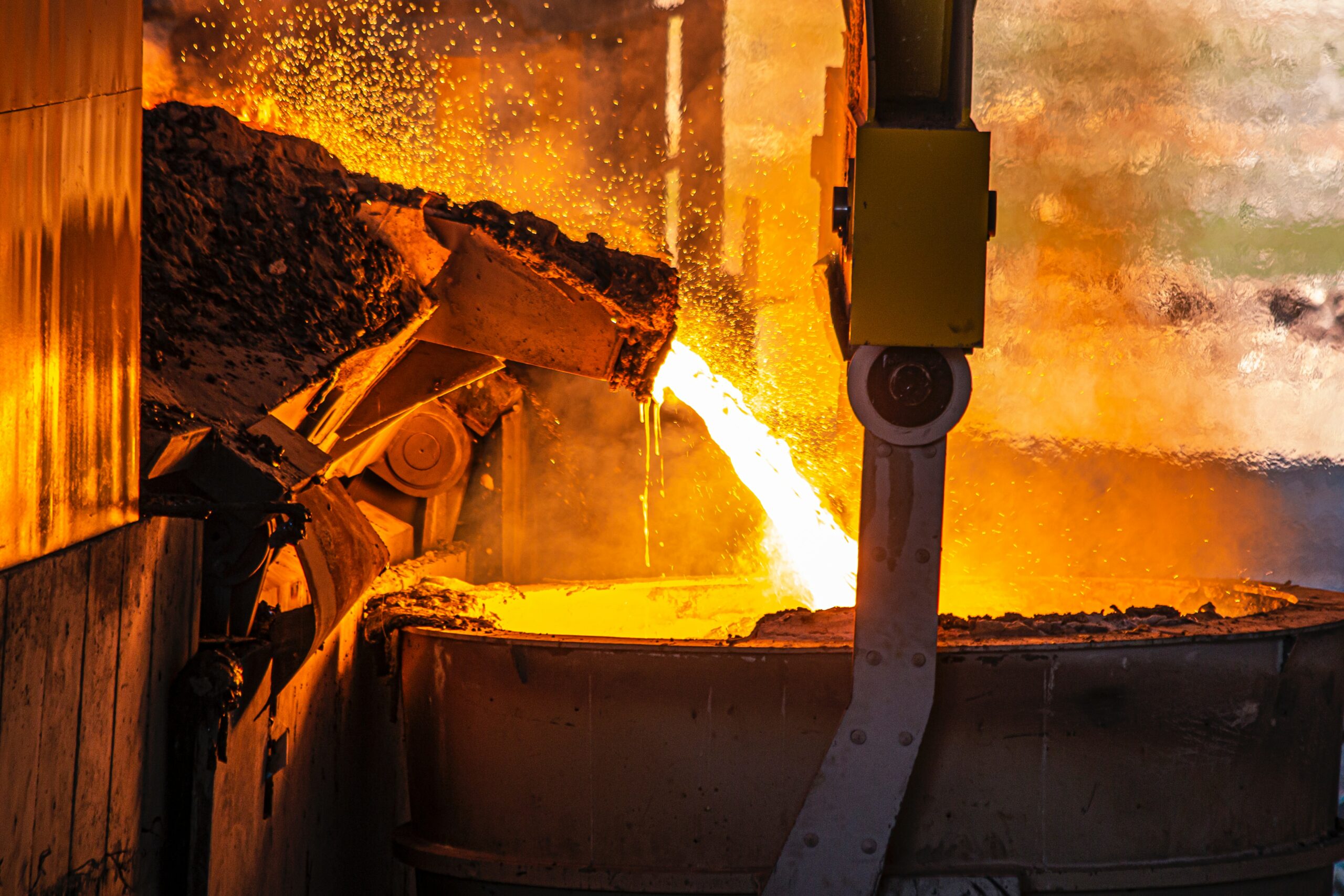Steeling for sanctions
After international bans on gold and oil, Moscow now faces an embargo on its metals industry as financial centres around the world weigh up what practicalities such a move would have.
The London Metal Exchange has announced it is looking at a three-week analysis process on the possibility of banning Russian metal, potentially as soon as next month. This could mean excluding some of the world’s biggest companies from the primary metals marketplace.
A ban would mean metals from Russia – which, according to Bloomberg, account for about 9% of global nickel production, 5% of aluminium and 4% of copper – could no longer be delivered into any warehouse around the world in the LME network, which stores metals used to deliver against futures contracts when they expire.
Power of Exchange
While the main volume of global metal is sold from producers to traders and consumers without ever needing to use the LME in a physical sense, the exchange’s influence and importance to the industry means its rulings carry real gravitas.
Despite being a private company owned by Hong Kong Exchanges & Clearing, the exchange’s decisions have far-reaching consequences for the way in which metals are priced and traded globally.
It is a market of last resort for the physical metals industry, as well as a vast network for storage and supply, and recently traders have predicted a surge in several metals, especially aluminum, as investors look for security in a deteriorating global economy.
Metal market latest
Traders speculated that aluminium from companies such as the Russian smelting and mining firm Rusal would be delivering larger loads than average onto the market.
If the LME goes ahead and bars new deliveries of Russian aluminium, that would remove the expected overhang of stock. Aluminium prices jumped around 8% last week on the back of the latest developments.
Our take
Any decision is likely to not just affect the markets but producers and end buyers. A ban by the LME could create severe challenges for Rusal and other companies like Nornickel, as well as their biggest buyers – for example the mining giant Glencore has a multi-year contract to buy aluminium from Rusal.
Reports suggest that a ban even being mooted which is likely to cause Nornickel’s sales to Europe to drop given that it creates uncertainty at a crucial time of the year for sales negotiations
That means that a ban could lead to Russian companies being forced to accept lower prices and possible transference of supply to other buyers and markets.
